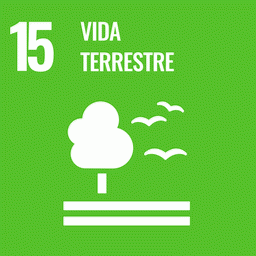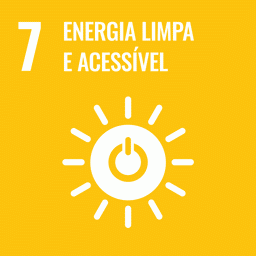To understand changes in land surface energy balance partitioning due to tropical deforestation, we use a physically based analytical formulation of the surface energy balance. Turbulent heat fluxes are constrained by the thermodynamic maximum power limit and a formulation for diurnal heat redistribution within the land-atmosphere system. The derived turbulent fluxes of sensible and latent heat compare very well to in situ observations for sites with intact rainforest and soybean land cover in southeastern Amazonia. The equilibrium partitioning into sensible and latent heat flux compares well with observations for both sites, except for the soybean site during the dry season where water limitation needs to be explicitly accounted for. Our results show that tropical deforestation primarily affects the absorption of solar radiation and the water limitation of evapotranspiration, but not the overall magnitude of turbulent heat fluxes that is set by the thermodynamic maximum power limit.

